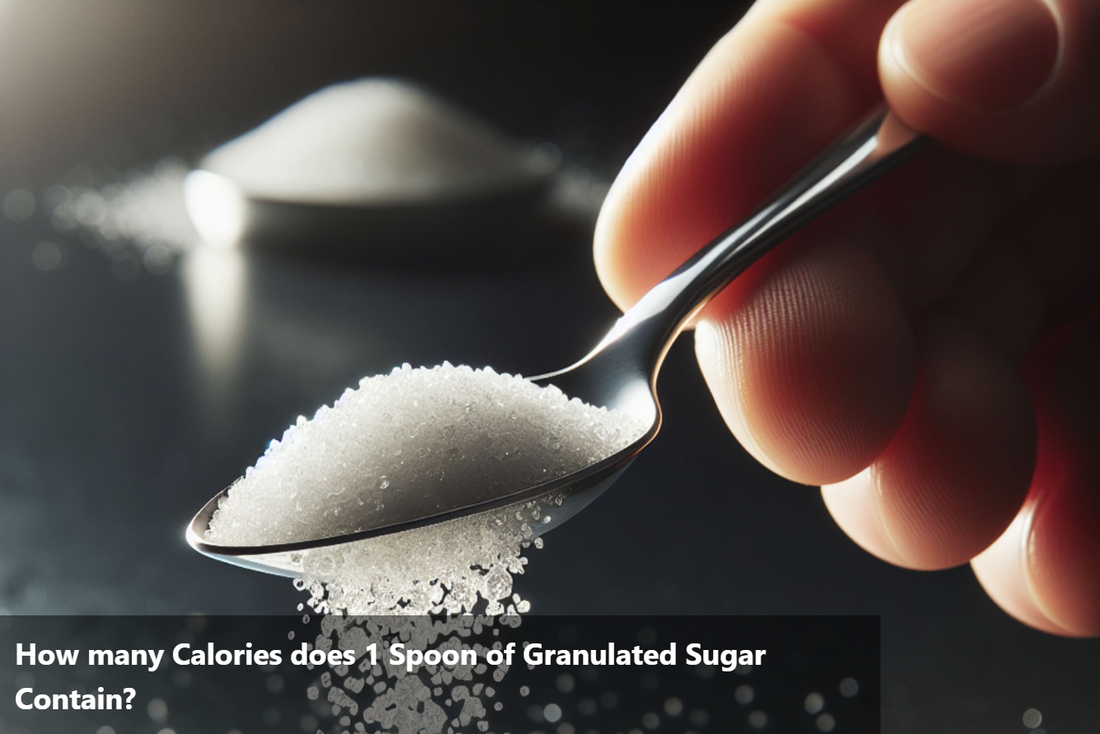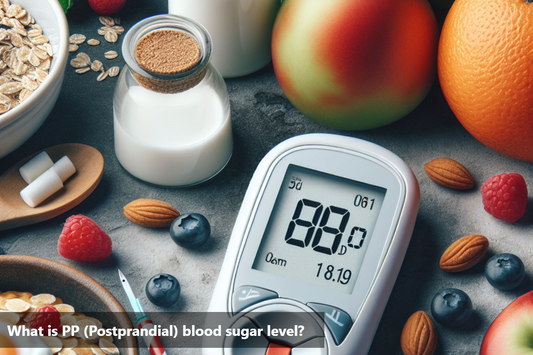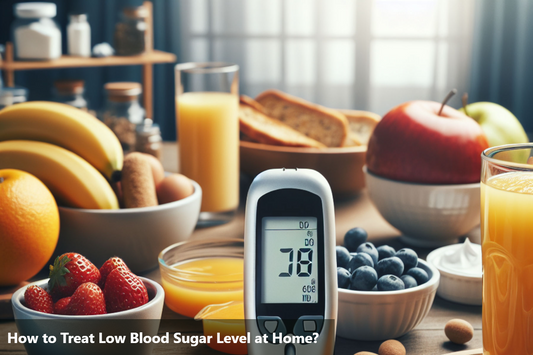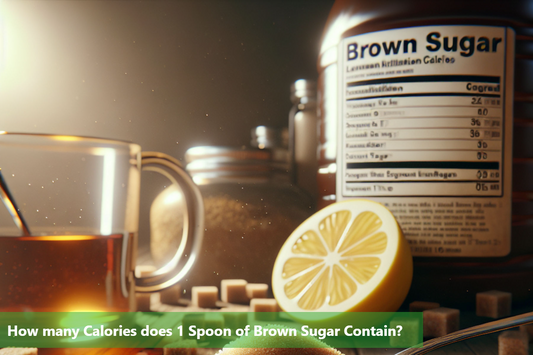Knowing the calories in common sugar measurements like tablespoons and teaspoons can greatly impact one's dietary choices and overall health.
Understanding the calorie content of sugar is crucial for making informed decisions about food intake. For instance, a single tablespoon of sugar may seem insignificant, but its calorie load can add up quickly. This awareness enables individuals to manage their daily caloric intake effectively.
Common terms like tablespoon and teaspoon are frequently used in recipes and nutritional information. These basic measurements play a key role in determining the caloric content of sugar in various food and beverage items.
Added sugar in the diet can have detrimental effects on health, contributing to issues such as weight gain, diabetes, and heart disease. By being mindful of sugar consumption and its calorie implications, individuals can take proactive steps towards a healthier lifestyle.
Recognizing the impact of added sugar on our well-being underscores the importance of making informed choices regarding our dietary habits. It is essential to prioritize understanding the calories in sugar to promote better health outcomes and overall wellness.
Calories in 1 Tablespoon of Sugar
In one tablespoon of granulated sugar, there are approximately 49 calories. This small amount may seem insignificant, but when considering daily caloric intake, it can add up quickly.
Compared to other common ingredients, one tablespoon of sugar contains more calories than, for example, one tablespoon of unsweetened cocoa powder or one tablespoon of chopped celery. Being aware of these differences can help in making informed choices when preparing meals or snacks.
Understanding the calorie content of one tablespoon of sugar is essential for managing overall daily caloric intake. It is crucial to balance the consumption of sugar with other nutrient-dense foods to maintain a healthy diet.
For perspective, adding one tablespoon of sugar to a cup of Indian tea can increase the beverage's calorie count significantly. This highlights the importance of mindful consumption of added sugars to prevent exceeding daily caloric needs.
By being conscious of the calories in one tablespoon of sugar and making informed choices about when and how to include it in your diet, you can better control your overall intake and promote a balanced approach to nutrition.
Calories in 1 Teaspoon of Sugar
In just one teaspoon of sugar, there are approximately 16 calories. While this may seem like a small amount, it can add up quickly, especially if you are someone who enjoys sweetened beverages or snacks throughout the day.
Comparing this to a tablespoon of sugar, which contains around 48 calories, you can see that even small differences in portion sizes can have a significant impact on your overall caloric intake. It's essential to be mindful of these differences, as they can contribute to weight gain over time if not managed properly.
When it comes to consuming sugar in the form of Indian tea, adding just one spoon of sugar can increase the caloric content by about 30 calories. If you opt for two spoons of sugar, that's an additional 60 calories. These numbers may seem insignificant on their own, but when consumed daily, they can greatly affect your calorie consumption.
Being aware of the calories in smaller portions of sugar, such as teaspoons, is crucial for maintaining a balanced diet and managing your weight effectively. By making conscious choices about your sugar intake, even in small amounts, you can better control your overall caloric intake and support your health and well-being.
Calories in Different Amounts of Sugar
When we think about the calories in sugar, picturing a tablespoon is quite common. This single tablespoon of sugar can pack a punch when it comes to calories. It's essential to be mindful of how these calories can add up throughout the day.
Moving on to smaller quantities, such as teaspoons, it's surprising how even a small serving can contribute to our overall caloric intake. By understanding the calorie content of one teaspoon of sugar, we become more aware of the calories we consume without even realizing it.
Imagine enjoying a cup of Indian tea with sugar or simply adding a couple of spoons of sugar to your morning coffee. These seemingly innocent acts can significantly impact our daily caloric intake if not managed wisely. It's crucial to find a balance and be mindful of sugar consumption for our overall health and well-being.
Quantity Matters
As discussed, just one tablespoon of sugar can pack quite a caloric punch, often overlooked in our daily diet. When we consume a tablespoon of sugar, we are adding around 49 calories to our intake. This seemingly small amount can add up quickly, especially when combined with other sugary treats throughout the day.Moving on to smaller portions, a teaspoon of sugar may seem insignificant, but it still contributes around 16 calories. It’s essential to understand that even these tiny amounts can affect our overall caloric intake and, consequently, our health.
To maintain a balanced diet and promote overall well-being, it’s important to be mindful of our sugar consumption. Moderation is key when it comes to enjoying sweet treats. Making small adjustments and being conscious of added sugar can go a long way in supporting our health goals. Let’s remember to choose wisely and keep an eye on our sugar intake for a healthier tomorrow.
This Blog post is an initiative by DiabeSmart, to provide accurate and Nutritionist / Doctor approved information related to Diabetes. DiabeSmart is India's first Food brand designed specifically for Diabetics, that has been clinically tested on Diabetics and Pre-Diabetics to deliver 55% - 70% lower Sugar spikes. DiabeSmart is part of Lo! Foods - India's leading brand for Everyday Functional Health foods.















